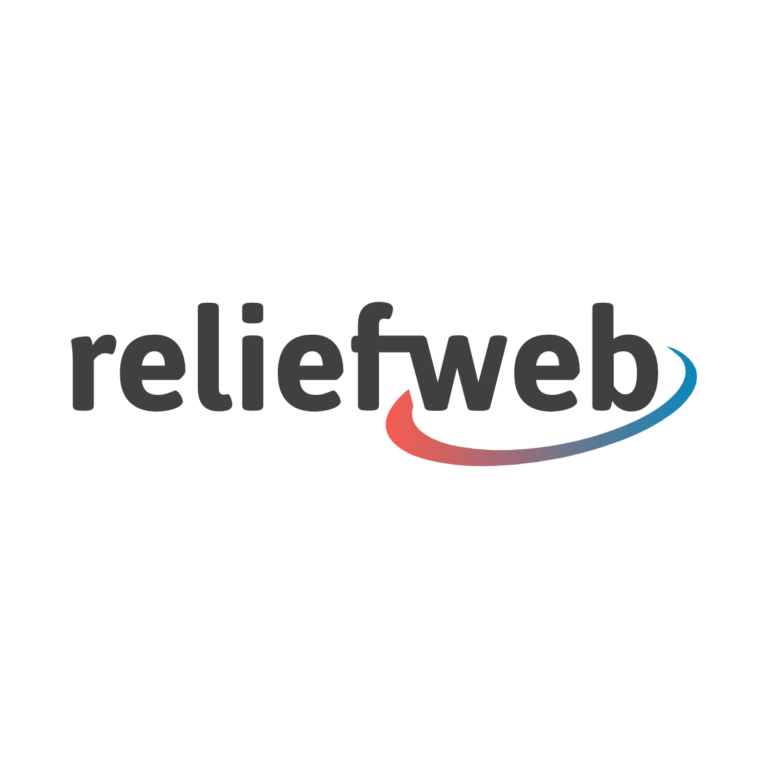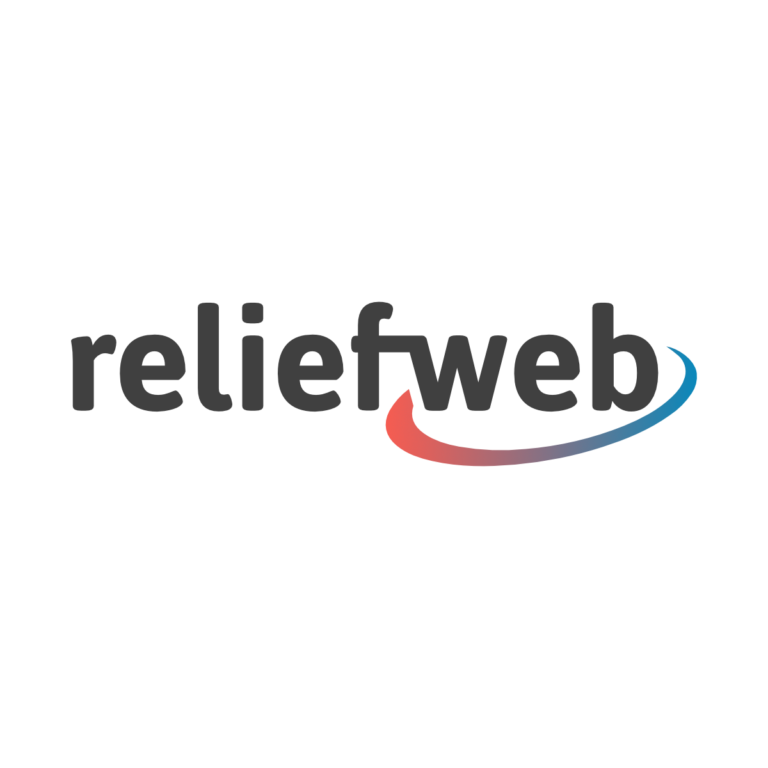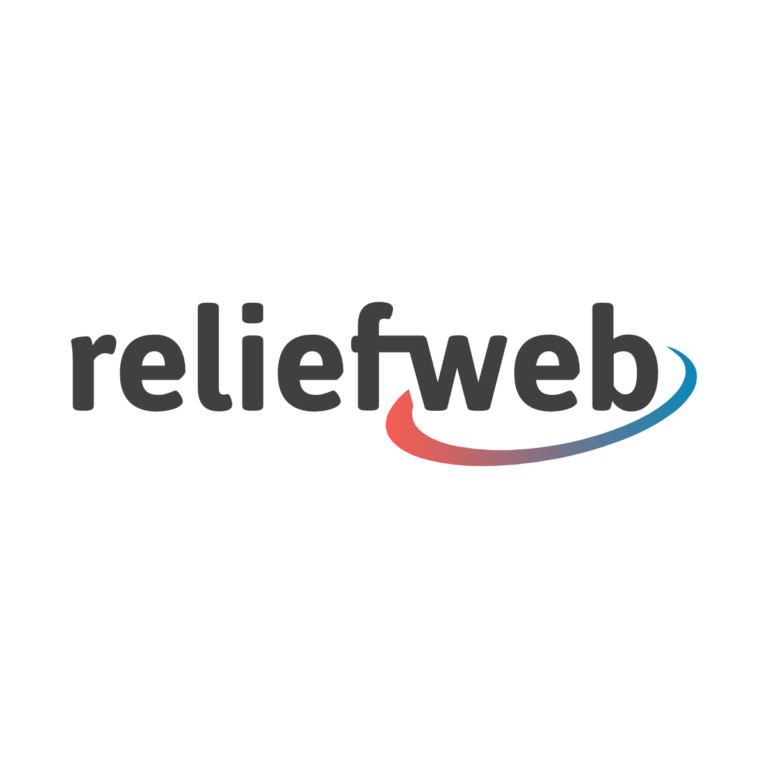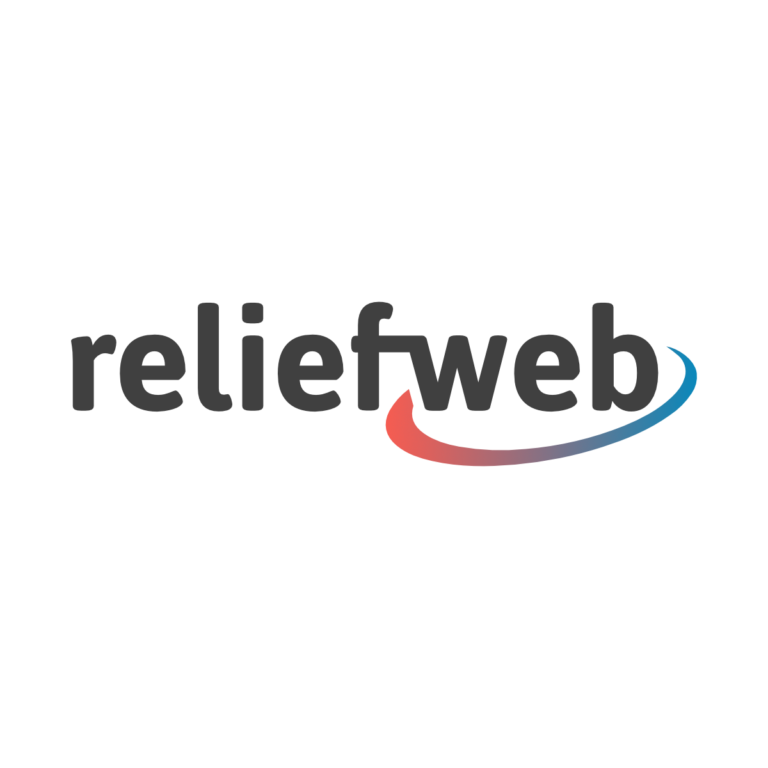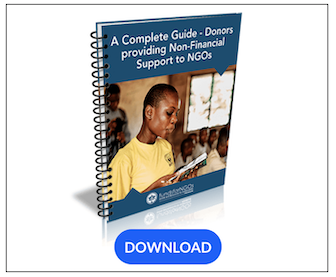Finance and HR Coordinator – Ukraine – M/F
THE ALIMA ASSOCIATION
ALIMA’S ETHOS: ALIMA’s purpose is to save lives and provide care for the most vulnerable populations, without any discrimination based on identity, religion or politics, through actions based on proximity, innovation, and the alliance of organizations and individuals. We act with humanity and impartiality in accordance with universal medical ethics. To gain access to patients, we undertake to act in a neutral and independent manner.
Our CHARTER defines the VALUES and PRINCIPLES of our action:
- Patient First – Patient centered medical care
- Revolutionizing humanitarian medicine through research
- Responsibility and freedom: encourage decision-making by those closest to patients
- Commitment to a dynamic of continuous quality improvement
- Creating a climate of trust among colleagues
- Collective intelligence
- Environmental liability
ALIMA promotes and defends the principles of fundamental human rights. ALIMA has a zero-tolerance approach to those guilty of acts of gender-based and sexual violence as well as to inaction in the face of alleged or proven acts of violence. Protecting the people who benefit and are impacted by our intervention is our top priority in everything we do. Anyone working with ALIMA is committed to :
- Respect the charter, the code of conduct, institutional policies including the policy of protection against abuses of power and gender-based and sexual violence, the policy of preventing corruption and fraud ;
- Report any violations to policies, framework documents and proceedings to a superior, referral
CARING – INNOVATING – TOGETHER:
Since its creation in 2009, ALIMA has treated more than 7 million patients. Today ALIMA works in 12 countries in Western and Central Africa. In 2020, we developed 41 humanitarian medical response projects to meet the needs of populations affected by conflict, epidemics and extreme poverty. All of these projects support national health authorities through nearly 357 health structures (including 45 hospitals and 312 health centres). We work in partnership, especially with local NGOs, whenever possible to ensure that our patients benefit from the expertise wherever it is, whether in their country or the rest of the world. In addition, to improve the humanitarian response, we are carrying out operational and clinical research projects, particularly in the field of the fight against malnutrition and haemorrhagic viral fevers. ALIMA is also leading operations in response to the covid-19 pandemic across all of our missions.
ALIMA’S TEAM: More than 2000 people currently work for ALIMA. The field teams, as close as possible to the patients, receive their support from the coordination teams generally based in the capitals of the countries of intervention. These receive support from the 4 desk teams and the emergency and opening service team based at the operational headquarters in Dakar, Senegal. The Paris and New York teams are actively working on fundraising as well as representing ALIMA. The rest of the ALIMA Galaxy includes individuals and partner teams who work on behalf of other organizations such as medical NGOs BEFEN, ALERTE Santé, SOS Médecins / KEOOGO, AMCP, research organizations PACCI, INSERM, Universities of Bordeaux or Copenhagen, the NGO Solidarités International and many others.
COUNTRIES WHERE WE WORK: Mali, Burkina Faso, Central African Republic, Nigeria, Niger, Chad, Democratic Republic of Congo, Cameroon, Guinea,South Sudan, Mauritania & Sudan.
THE WORK WE DO covers: Primary and Secondary Health Care, with a main focus on children and women – including treatment and prevention of acute malnutrition, maternal health, mental health, response to epidemics (Ebola, Cholera, Measles, Dengue, Lassa Fever), surgery, displaced populations, and gender based violence, Covid 19.
ALIMA in Ukraine
We will focus its effort in South Ukraine to provide emergency primary health care and support to hospitals in the war zone of Mykolaiv Oblast and around. The main objective is to reduce the mortality and suffering among the population affected by the war in this area through 4 axes:
- Reduce the morbidity and mortality associated with chronic disease and communicable diseases among the isolated population in Mykolaiv Oblast
- Reduce mental health burden through psychological care in Mykolaiv Oblast
- Support hospitals to deliver trauma and intensive health care in Mykolaiv City
- Ensuring a rapid response mechanism to delivered health care support to affected population
MISSION LOCATION : Odessa
PROTECTION OF BENEFICIARIES AND COMMUNITY MEMBERS
Level 2: either the jobholder will have access to personal data concerning children and/or vulnerable adults in the course of his/her work, or he/she will occupy a « regulated » position (accountant, lawyer, legal executive); therefore, a criminal record check or a certificate of good conduct will be required. In situations where it is impossible to provide a criminal record or a certificate of good conduct, a declaration on honour will be requested.
FUNCTIONAL AND HIERARCHICAL LINKS
He/she reports to the Head of Mission (line manager), or to the Finance Desk.
He/she manages administrators, supervisors and assistant administrators in coordination and in the field, accounting managers, archivists.
He/she works in close collaboration with the coordinators (medical, logistics and projects).
MISSION AND MAIN ACTIVITIES
The COFIRH supports the capital and project coordinators in all matters related to the financial and administrative management of all projects that make up the country mission. He/she guarantees the proper management of funds and their transparency by ensuring the accounting and financial management of the mission in accordance with the ALIMA management framework and local legislation.
1.Budget management
- Contribute to the definition of the mission’s strategy by developing the mission’s budgets and budget amendments
- Consolidate and carry out budgets, in collaboration with the Coordinators (monthly general and specific)
- To elaborate the budgetary follow-ups intended for the headquarters and the members of the country and project coordination, in order to draw their attention to the possible under- and over-consumption of the budget
- Produce financial reports for donors so that they can be validated by the head office within the deadlines set out in the funding agreements.
- Be the focal point for our donor audits at the mission level in conjunction with Alima’s internal audit department. Prepare the documentation, control its content and alert if necessary.
2.Accounting
- Ensure the existence of and compliance with financial and accounting resource management rules in the country
- Supervise and oversee the accounting system to ensure transparency, completeness of financial information, compliance with procedures and legibility of expenditures.
3.Cash management
- To ensure that the necessary and sufficient level of cash is always available for the smooth running of operations with maximum control of security and operational risks
- Ensuring compliance with species management procedures on its mission
- Ensure the archiving of the mission’s accounting document
4.General management or resources
- Put in place the necessary elements to monitor the use of material resources
- Participate in the development of the mission’s procurement framework (procurement plan)
5.Institutional funding
- Ensure compliance with commitments made to institutional donors (regular meetings, monthly financial monitoring, reports, recommendations, etc.)
- Respect of the procedures of the lessors
- Ensure the proper management of the mission’s human resources in accordance with ALIMA’s administrative management framework and local legislation. To this end, act as ALIMA’s representative to the administrative authorities (Labor Inspectorate, Lawyer, Social Security, Taxes, etc.)
- Define, adapt, plan and oversee the implementation of the mission’s human resources policies, ensuring that they are in line with the context, local legislation and operational issues.
- Contribute to the definition and implementation of the mission objectives, particularly with regard to the aspects related to team sizing, the required HR profile and capacity, and the strengthening of staff skills in order to effectively achieve the mission objectives.
- Be the focal point and advisor for HR issues to the mission’s managers
6. Administrative management of the mission, legal watch
- Ensure the updating of legal documents for the proper functioning of ALIMA
- In collaboration with the other members of the coordination team, notably CDM, ensure the annual registration of lease agreements and the terms of contracts for coordination houses and projects
- Ensure the legal monitoring of the mission by creating and maintaining a network of relevant information, in particular on labor and tax legislation
- Ensure compliance with laws and regulations within the mission in its areas of responsibility (labor law, social and tax legislation, etc.)
- Contribute to the definition, validation, update/revision and ensure the application of HR management documents, procedures and policies on the mission (internal regulations, work contracts, recruitment policies…)
- Follow-up of bonus or incentive personnel
7.Administrative Management of Human Resources
a. Recruiting
Ensure the rigorous application of the recruitment policy on all bases and applied to all positions (from the definition of the need to the archiving of recruitment files)
- Train the Project Administration Managers (PAMs) in ALIMA procedures, best practices and recruitment techniques
- Participate in the recruitment process for base managers (HR validation)
- Participate in the recruitment process of the ETAMs of the bases on request of the CP and/or the RAP
- Provide RAPs and team leaders with recruitment tests when required or advised and requested
- Provide RAPs with a general induction of ALIMA and the mission, support the updating of the project section and ensure that each staff member benefits from this induction
- Provide induction for all HQ or coordinated managers and for all positions at level 12 and above
- Ensures that each new employee recruited to the base is briefed on the internal regulations, the code of conduct, the anti-fraud policy and the policy for the prevention of harassment and sexual and gender-based violence
- Ensure that the induction process is understood by stakeholders and implemented on the mission (coordination and baseline).
b. Work contract and follow-up
- Ensure that personnel files are complete and maintained in electronic format
- Implement efficient contract monitoring tools and ensure that RAPs use them (monitoring of contract dates, leaves, etc.)
c. Payment of salaries, taxes and social contributions
- Oversee the use of the payroll software and train RAPs on their responsibilities
- Validate payrolls each month for each base
d. Life and team composition
- Support the organization of monthly staff meetings
- Participate in staff representative / coordination meetings
- Participates in the resolution of work conflicts in collaboration with project coordinators, RAPs and team leaders
8. Operational management of Human Resources
- Support project coordinators and department managers in defining the composition of their teams
- Update and share mission organization charts with the bases, coordination and headquarters on a monthly basis
- Participates in the elaboration of the mission’s budgets for the HR part (organization chart, salaries, bonuses…), international transport, rent.
9. Quality management of personnel
a. Job Profile – Performance Objective Plan – Review
- Provide RAPs and team leaders with standard job profiles
- Ensure that updated job profiles are available for each employee and that each employee has read and signed them, support the RAPs and team leaders in case of blockage
- Train team leaders in the use of POP documents and reports
- Verify that team leaders set goals at the beginning of the period and complete staff reviews at the end of the period
- Analyzes personnel reviews from a career path perspective
b.Training and capacity building
- Contribute to the identification of training needs for the mission’s staff
- Compile all training needs annually and develop an annual training plan for the mission
- Be proactive in identifying sources of funding for training, and in identifying collaborations with other NGOs and training organizations in the country
- To be responsible for the organization of training taking place in the coordination or in the city of the coordination
- Propose and anticipate the secondment of personnel to other ALIMA missions
- Accompany the capacity building of all employees in support of team leaders
- Collect data related to the training provided in the field and propose an analysis of these data
- Apply post-training monitoring and evaluation methods to measure impact
- Ensure the link with the Head of Training at headquarters
10. Specific management of international staff
a. Administration
- In liaison with the administrative department in Dakar, ensure the administrative follow-up of the international staff: arrival and departure dates, paid leave, passports, visas and airline tickets
- In collaboration with the Admin/HR Manager, ensures the renewal of expatriate visas, security visas and/or any other legal documents required by the police and the Ministry (Agreement, Convention with the Ministry of Trustees, Request for Entry Authorization…)
- Monitor contract dates and bring to the attention of line managers at least 3 months in advance
- Ensures the constitution of the files of the internationals and provides the necessary documents for those who do not have them (ALIMA card, mission order, residence permit…)
b. Recruitment and follow-up
- Support the mission leader and the project coordinators in the planning of the breaks and provide a monitoring tool
- In collaboration with the administrators, alert for interim and final reviews
- Ensures the transmission of the end-of-assignment reports to the HR referent of the
- Supports the Head of Mission in the management of human resources of expatriate personnel (conflict management, anticipation of recruitment, drafting of job profiles, etc.)
11.Team management and animation
- Set up a finance department to coordinate in a spirit and operation that guarantees synergies between services. Promotes the exchange of best practices within and between departments.
- Define job profiles and performance objective plans for team members with a view to developing skills. Participates in the reviews of his/her team in a career path approach and participates in the reviews of the project administrative managers (RAP)
- Make training and job changes possible by strengthening their skills and developing their autonomy
- Propose and anticipate secondments to other ALIMA missions
- Identify the skills that team members need to acquire in order to master their positions and organize training to reinforce them OR Ensure that the organization’s needs match the know-how and motivations of its employees
- Embodies and transmits values, ensures compliance with the code of conduct and institutional policies, the state of mind and expected individual and collective behaviors
- Organize and facilitate team meetings
12.Team management and animation
- Participate in training and awareness sessions
- Provide ongoing training to all staff on the anti-fraud policy
- Apply standards for abuse prevention
- Ensure that team members attend training and awareness sessions and follow abuse prevention rules
- Contribute to creating and maintaining a nurturing and protective environment
This job description is not exhaustive and may be modified as the mission evolves.
Expériences / Formation
Experiences
- Bac + 5 in Management, Finance, Accounting, business school or equivalent
- Previous experience in the humanitarian field, in the position of Finance and Human Resources Coordinator and/or Human Resources Coordinator
- Experience in emergency and degraded security contexts strongly preferred
- Knowledge of humanitarian donors
- Computer skills, including advanced level of Excel and GSuite
Qualities ot the candidate
- Professional rigor
- Discretion
- Calm, excellent stress management and composure
- Very good communication and listening skills
- Experience in team management and supervision
- Ability to adapt
- Excellent comprehension skills
- Training and coaching skills
- Analytical and critical thinking skills
- Organizational skills, rigor and autonomy
- Writing skills
- Excellent computer skills (Word, Excel…)
- Knowledge of HOMERE software
- Ability to prioritize and work under pressure
- Ability to adapt and diplomacy
- Ability to work in a team in multicultural contexts
- Training and coaching skills
Languages
- Fluency in French (oral and written) essential
- Fluency in English is an asset
Salaire
Contract term:
- Contract term: contract under French law, contract length: 6 weeks.
- Position to be filled: ASAP
- Salary: depending on experience + per diem
ALIMA pays for:
- travel costs between the expatriate’s country of origin and the mission location
- accommodation costs
- medical cover from the first day of the contract to a month after the date of departure from the mission country for the employee
- evacuation of the employee
How to apply
To apply, please send your CV and your answers to our job page through this link https://hr.alima.ngo/jobs/detail/9381?utm_campaign=Campagne+d%27offres+&utm_medium=Website&utm_source=relief+web
Applications are processed in the order of arrival and we reserve the right to close the offer before the term initially indicated if a good application is successful. Only full applications will be taken into account. Only accepted applications will be contacted.
Female candidates are strongly encouraged to apply.
